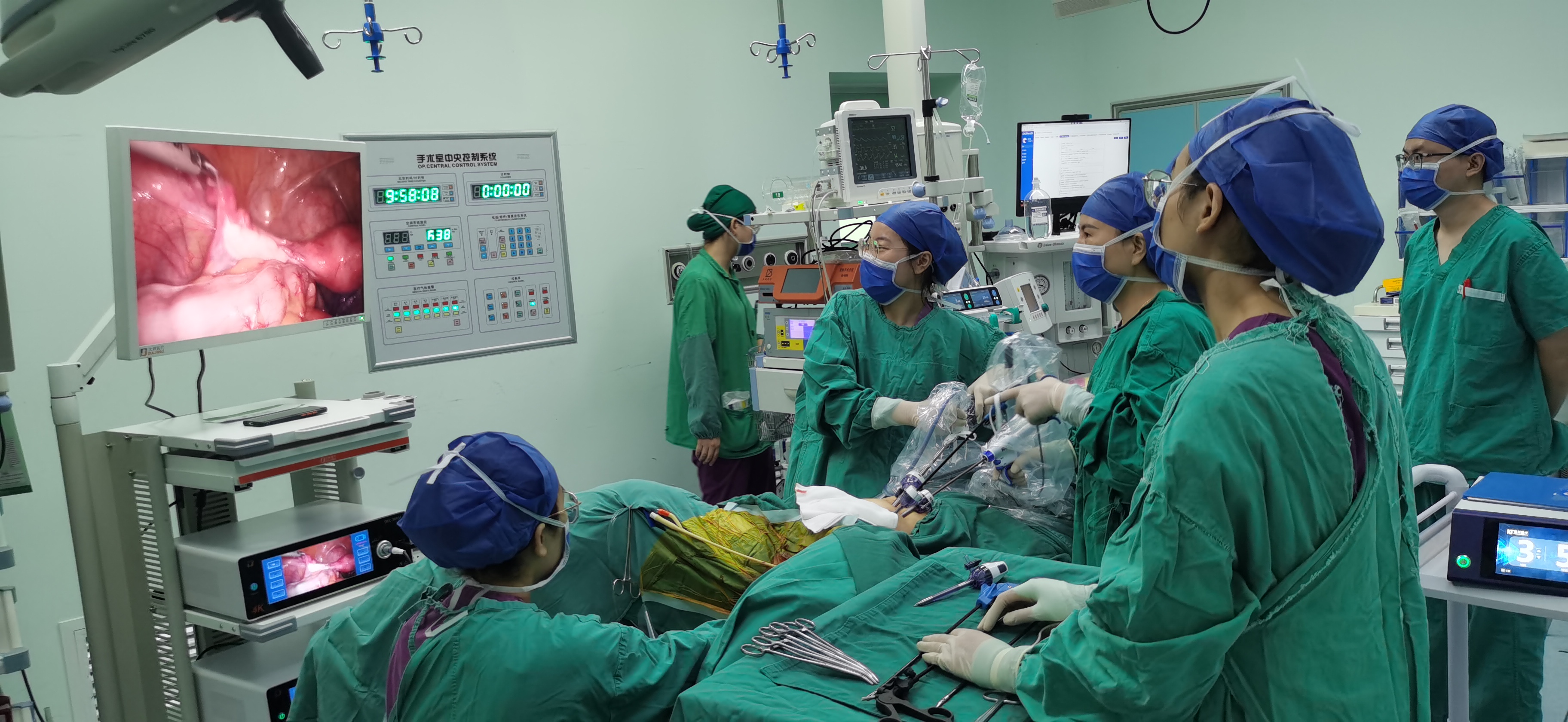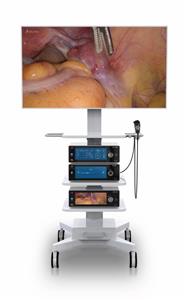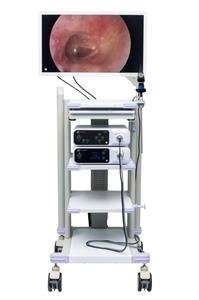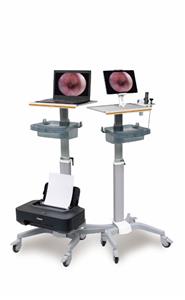Observation on the clinical effect and safety of laparoscopic surgery in the treatment of early ovarian cancer
From January 2020 to January 2021, 80 patients with early ovarian cancer were treated and divided into the research group (n=40, laparoscopic surgery) and the reference group (n=40, laparotomy) according to different surgical methods. The two groups were compared Intraoperative blood loss, number of lymph nodes dissected, postoperative exhaust time, length of hospitalization, incidence of complications, recurrence rate, and the stress response [adrenal cortex hormone (ATCH) and epinephrine (AD), cortisol ( Cor)], immune function [leukocyte differentiation antigen (CD)3+, CD4+]. Results Compared with the reference group, the study group had lower intraoperative blood loss, higher number of lymph nodes dissected, shorter postoperative exhaust time and shorter hospital stay (P<0.05); the study group had lower complication rate and recurrence rate than the reference group (P<0.05). <0.05); There was no difference in ATCH, AD, Cor, CD3+, and CD4+ indexes between the two groups before operation (P>0.05). Compared with the reference group after operation, the ATCH, AD, and Cor indexes in the study group were all lower, and the CD3+ and CD4+ indexes were all higher (P<0.05). Conclusion Laparoscopic surgery for patients with early ovarian cancer can significantly increase the number of lymph nodes dissected, promote postoperative recovery as soon as possible, and have little impact on the stress response and immune function of patients, which can effectively prevent complications and avoid postoperative recurrence.





